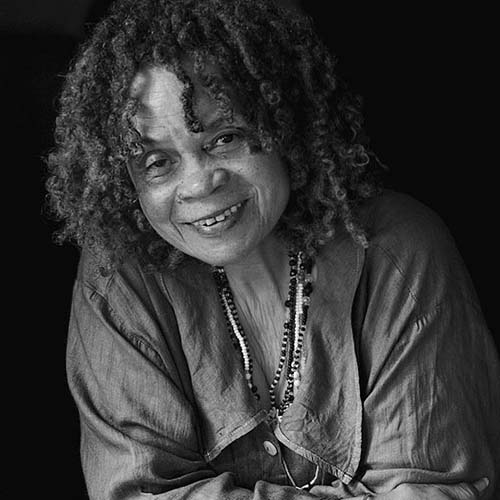who goes there? who is this young man born lonely?
who walks there? who goes toward death
whistling through the water
without his chorus? without his posse? without his song?
it is autumn now
in me autumn grieves
in this carved gold of shifting faces
my eyes confess to the fatigue of living.
i ask: does the morning weep for the dead?
i ask: were the bullets conscious atoms entering his chest?
i ask: did you see the light anointing his life?
the day i heard the sound of your death, my brother
i walked outside in the park
we your mothers wanted to see you safely home.
i remembered the poems in your mother's eyes as she
panther-laced warred against the state;
the day you became dust again
we your mothers held up your face green with laughter
and i saw you a child again outside your mother's womb
picking up the harsh handbook of Black life;
the day you passed into our ancestral rivers,
we your mothers listened for your intoxicating voice:
and i heard you sing of tunes bent back in a
cold curse against black
against black (get back)
against black (get back)
we anoint your life
in this absence
we anoint our tongues
with your magic.
Published:
1998
Length:
Regular
Literary Movements:
Black Arts Movement
Rap & Hip Hop
Anthology Years:
2024
Themes:
Death & Loss
Rap & Hip Hop
Literary Devices:
Alliteration
the repetition of the same letter or sound at the beginning of words appearing in succession
Anaphora
a figure of speech in which words repeat at the beginning of successive clauses, phrases, or sentences
Elegy
a meditation on death, often in thoughtful mourning lamentation
Repetition
a recurrence of the same word or phrase two or more times
Rhetorical Question
a question asked for effect, not necessarily to be answered
Slant Rhyme
A rhyme where the words have similar sounds in their stressed syllables.

